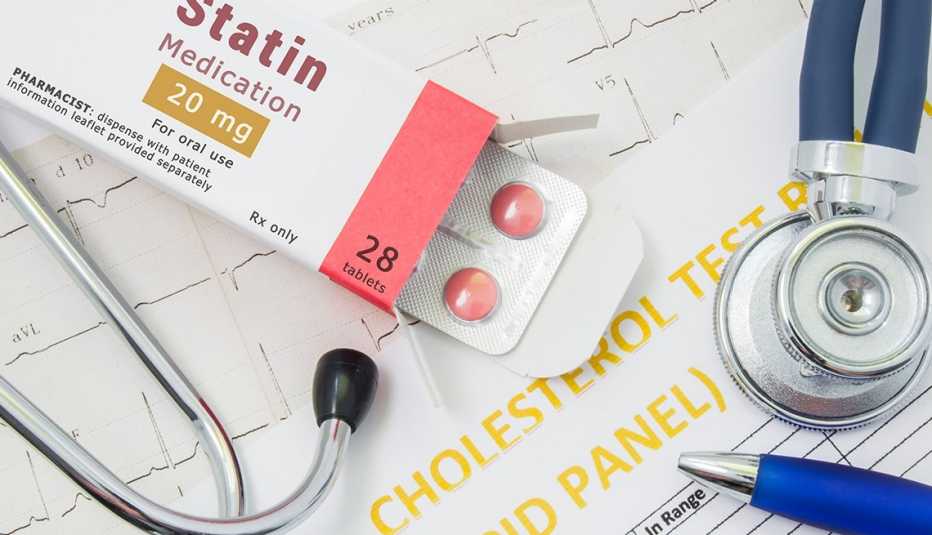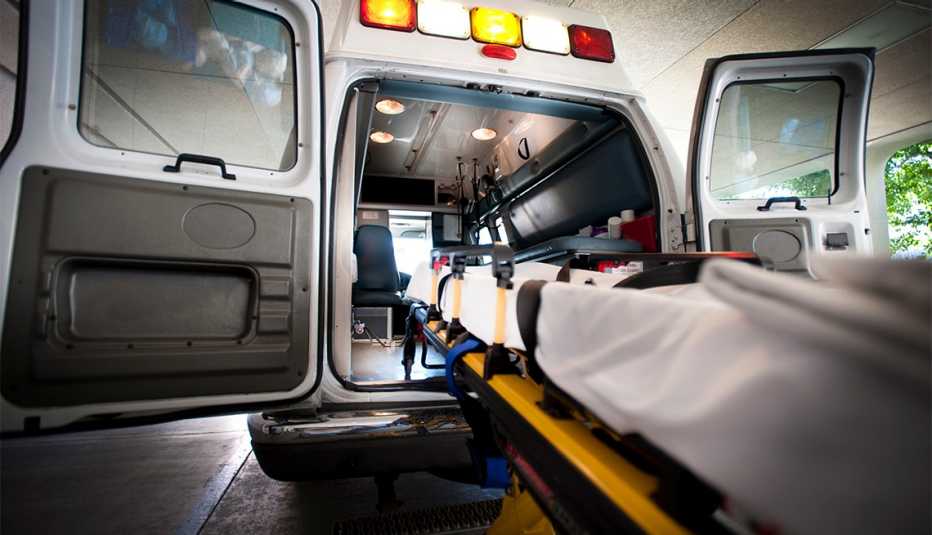Staying Fit
In the past several weeks, examples have mounted of the tragic consequences of people delaying a trip to the ER because of fears of contracting COVID-19. A national American College of Emergency Physicians (ACEP) poll released this week shows the extent of the worries of older patients in particular: Nearly one-third of people over 50 said they had delayed or avoided seeking medical care because of concerns about contracting COVID-19. Unfortunately, the end result of delaying medical care can be devastating.
"The other day a man in his 50s came to the ER dying from a heart attack,” says Avir Mitra, an emergency medicine physician at Mount Sinai Hospital in New York City and a spokesperson for ACEP. “He'd experienced symptoms for three or four days before coming to the ER. He pulled through, but we struggled to keep him alive.”


AARP Membership— $12 for your first year when you sign up for Automatic Renewal
Get instant access to members-only products and hundreds of discounts, a free second membership, and a subscription to AARP the Magazine.
Some people, however, don't survive delays in treatment. “There's been an uptick in 911 calls from people who were ultimately found dead in their homes due to neglected symptoms,” says Benjamin Lebwohl, a gastroenterologist at NewYork-Presbyterian and Columbia University Irving Medical Center in New York City.
Packing Your ER Bag
In case you need to head to the hospital, doctors suggest you consider packing a bag with the following:
- a list of your prescription medications, supplements and any allergies
- a list of your emergency contacts
- a portable medical order, also known as a Physician Orders for Life-Sustaining Treatment (POLST) form, which tells your doctor what treatments you want during a medical emergency, and an advance directive
- your cellphone
- a cellphone charger
- a change of clothes
Medical experts stress that there's no need to fear the ER. Nearly all hospitals have separated coronavirus patients from those with other conditions. At many facilities, there are different areas of the ER, intensive care units (ICUs), operating rooms and cardiac catheterization rooms for people with and without COVID-19, says Athena Poppas, chief of cardiology and professor of medicine at the Alpert Medical School of Brown University; director of the Lifespan Cardiovascular Institute of Rhode Island, Miriam Hospitals and Newport Hospitals; and president of the American College of Cardiology.
Here are life-threatening symptoms doctors say should lead you to immediately call 911, now or anytime.
Chest discomfort, nausea, difficulty breathing and/or lightheadedness
Symptoms of a heart attack — in which blood flow to an artery in the heart is blocked or reduced, starving the organ of oxygen — can be subtle, and they often differ for men and women. Classic signs include heaviness, tightness or a squeezing sensation in the chest that may radiate to the neck, arms and jaw. The discomfort can be mistaken for indigestion.



































































